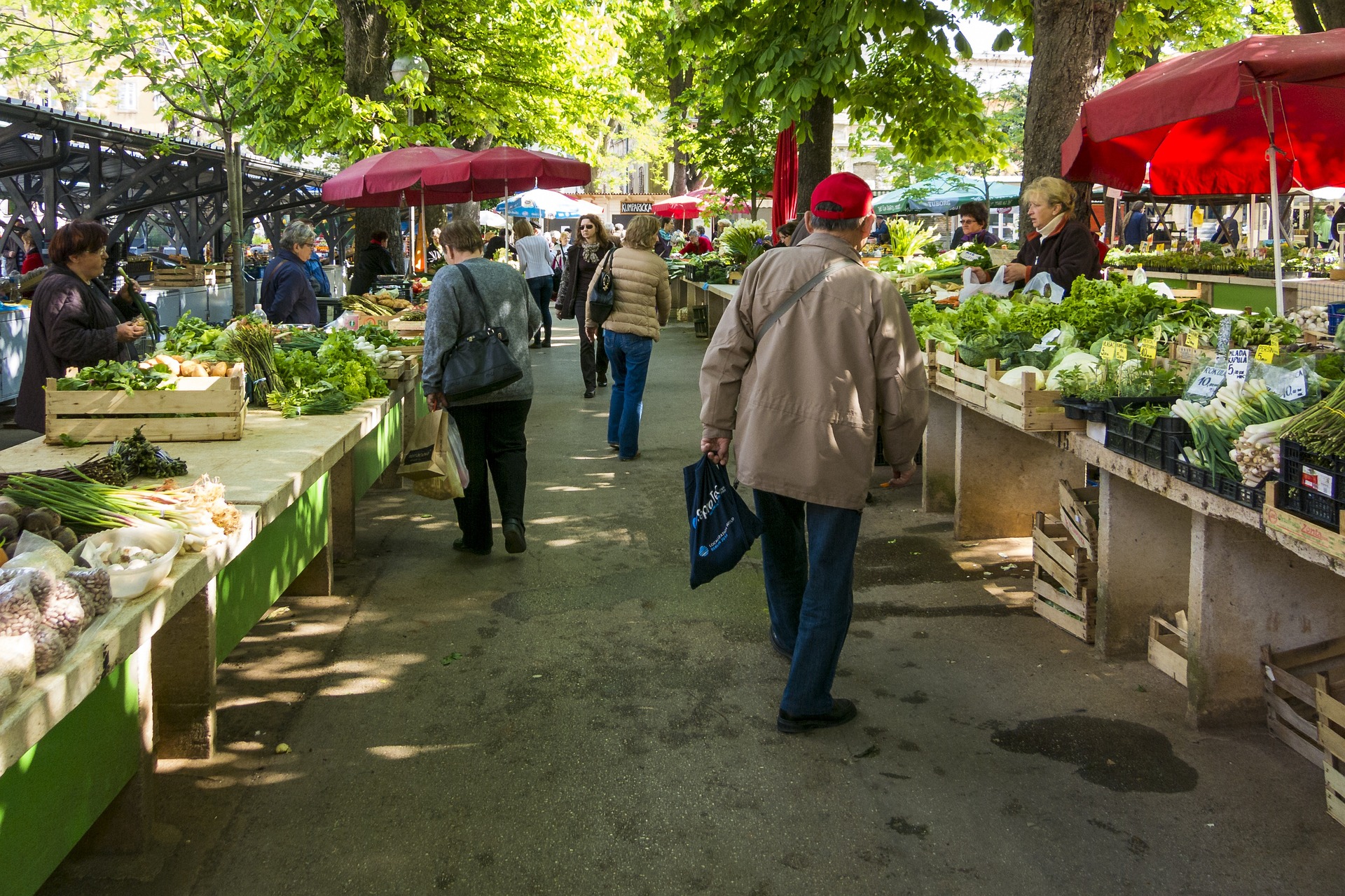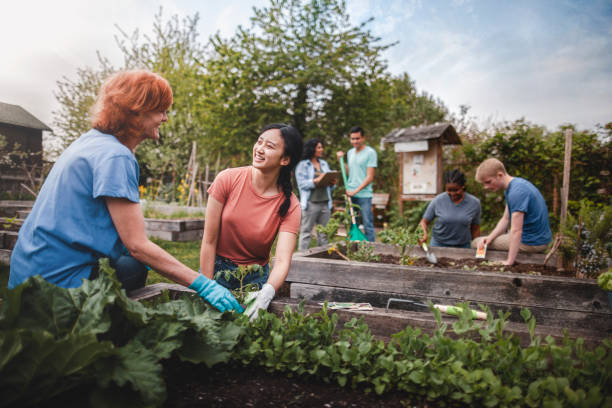Neolocalism: Rediscovering Community in a Globalized World
In an era of increasing globalization and digital connectivity, a surprising countertrend is emerging: neolocalism. This movement sees individuals and communities actively embracing local identities, products, and experiences. Read below to explore how this phenomenon is reshaping our social landscape and challenging our understanding of community in the 21st century.
The Roots of Neolocalism
Neolocalism didn’t emerge in a vacuum. Its origins can be traced back to the mid-20th century when rapid urbanization and suburbanization began to erode traditional community structures. As people moved away from their hometowns and into increasingly anonymous urban environments, many felt a growing sense of disconnection from their surroundings.
The rise of chain stores and restaurants in the latter half of the 20th century further contributed to this feeling of placelessness. Neighborhoods across America began to look increasingly similar, with the same big-box retailers and fast-food outlets dotting the landscape. This homogenization of the built environment left many yearning for a more distinct and authentic local experience.
The Digital Paradox
Ironically, the same technologies that have made the world more connected have also played a significant role in fueling the neolocal movement. Social media platforms and location-based apps have made it easier than ever to discover and share local experiences, from hidden gem restaurants to community events.
Moreover, the ability to work remotely has freed many individuals from the need to live in major urban centers, allowing them to choose locations based on quality of life rather than proximity to job opportunities. This has led to a revitalization of smaller towns and cities, as newcomers bring fresh energy and ideas while embracing local traditions and culture.
Economic Implications of Neolocalism
One of the most significant manifestations of neolocalism is in the realm of consumer behavior. There’s a growing preference for locally-sourced products, from food to fashion. Farmers’ markets have seen a resurgence, with the number of markets in the United States more than quadrupling between 1994 and 2019, according to the USDA.
This shift extends beyond just food. Craft breweries, local artisans, and independent bookstores are all benefiting from consumers’ desire to support local businesses and enjoy unique, place-based experiences. This trend is not just about nostalgia or quaintness; it’s often driven by a desire for sustainability, authenticity, and a deeper connection to one’s community.
Neolocalism and Identity Formation
In an increasingly mobile and connected world, neolocalism offers a way for individuals to anchor their identities in a specific place. This doesn’t mean a retreat into parochialism or xenophobia. Instead, it often manifests as a celebration of local distinctiveness within a global context.
For example, many cities have embraced their unique cultural heritage as a way to stand out in the global marketplace. Austin’s “Keep Austin Weird” slogan or Portland’s reputation for quirkiness and sustainability are not just marketing gimmicks, but expressions of local identity that residents take pride in.
Challenges and Criticisms
While neolocalism has many positive aspects, it’s not without its challenges. There’s a risk that an overemphasis on local identity could lead to exclusionary attitudes or a resistance to necessary change. Additionally, the commodification of local culture for tourism or marketing purposes can sometimes lead to a sanitized, inauthentic version of place identity.
Critics also point out that not everyone has equal access to the benefits of neolocalism. Farmers’ markets and artisanal products often come with higher price tags, potentially exacerbating existing socioeconomic divides within communities.
The Future of Neolocalism
As we move further into the 21st century, neolocalism is likely to continue evolving. The COVID-19 pandemic has accelerated many of the trends driving this movement, from remote work to an increased focus on community resilience.
Looking ahead, the challenge will be to balance the benefits of global connectivity with the richness of local experience. Successful communities will likely be those that can foster a strong sense of place and local identity while remaining open to outside influences and newcomers.
Neolocalism represents more than just a trend; it’s a reimagining of how we relate to our immediate environment in an increasingly globalized world. By rediscovering the value of local connections and place-based identities, we may find new ways to create more resilient, sustainable, and fulfilling communities for the future.







